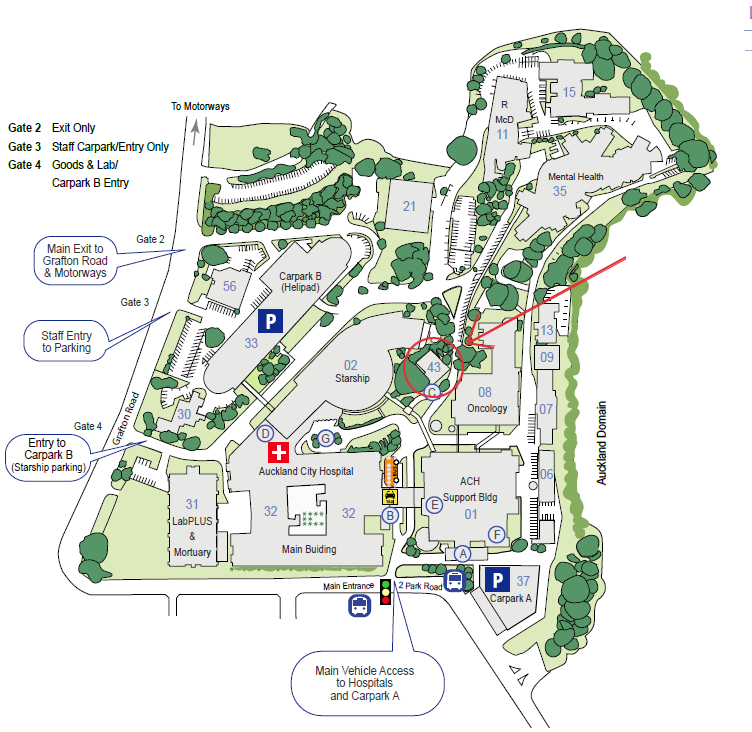Title
From Crime to Care: the History of Abortion in New ZealandPresented by
Felicity Good Year SmithAbstract
Abstract: This talk will present the history of abortion in Aotearoa New Zealand from pre-colonial times to the present. After the first abortion clinic opened in 1974 there were protests and pickets, and the issue shaped our politics in the 1970s. Moral crusaders, activists, legislators, abortion-providers and many others put their reputations and sometimes their lives on the line to do what they thought was right. The abortion struggle serves as an illustration of our changing political and social landscape, with a public move from conservative towards more liberal values. Finally, after 180 years, abortion in Aotearoa is a health rather than a criminal concern. However, the issue continues to divide people, and events in the United States have shown how quickly change can occur, with their Supreme Court overturning Roe v. Wade and a number of states now banning abortions.
Biographical details: Felicity Goodyear-Smith is a general practitioner and professor of general practice and primary health care at the University of Auckland. She served as an abortion certifying consultant from 1981 until the law change in 2020.
Title
At Breakneck Speed: the Remarkable History of Genomic Medicine over the last 30 YearsPresented by
Cris PrintAbstract
Abstract
When I qualified in medicine in 1989 I was fascinated by genes and genomes, however at that time the field of genomics had relatively little to offer most patients. Fast forward 30-odd years to today, and the advances in what we can do using genomic technologies in medical care and medical research are astounding, with technological developments still accelerating. In this talk, to set the scene I will first briefly describe my personal journey - as one of the last generation to ‘discover’ a novel gene, through to today. I will then look at early human genome sequencing odysseys - the publication in 2003 of a “90% complete” human genome map - and why it took almost 20 more years to complete the full human genome map, in 2022. I will then discuss where we have reached today, including the international “team effort” of genomic scientists leading COVID-19 pandemic responses and today’s capacity to deliver dynamic personalised medicine to cancer patients, matching therapies to each patient’s evolving tumours. Finally, I will raise for discussion what precision genomic medicine could achieve in 10 more years, with some of the financial, technical, ethical and cultural challenges we may face along the way.
Biographical details
Cris qualified in Medicine from Auckland Medical School in 1989 then began research while working as a house surgeon in Dunedin, NZ. A molecular immunology PhD in the University of Auckland with Jim Watson and Geoff Krissansen led to a four-year postdoctoral period in the Walter and Eliza Hall Institute in Melbourne, Australia, before moving to Cambridge University, UK for six years where he was a Fellow of St Edmunds College. While there he co-founded a bioinformatics biotechnology company, which became listed on the Tokyo stock exchange in 2007. In 2005 he returned to the University of Auckland where he leads a cross-disciplinary research team of clinicians, biologists and data scientists who use genomics, systems biology and bioinformatics to better understand human disease, especially cancer. He currently chairs the Scientific Advisory Board of Te Ira Kāwai (The Auckland Regional Biobank), leads the Genomics Into Medicine Strategic Research Initiative, is a Principle Investigator in NZ's Rakeiora program, the Maurice Wilkins Centre and the 'Healthier Lives' National Science Challenge. His previous roles included acting as Director then chairing NZ’s Institute of Environmental Science and Research (ESR), acting as President of the NZ Society for Oncology and Joint Director of the Bioinformatics Institute at the University of Auckland. Most of his research, teaching and professional activity focusses on trying to translate genomic research into advances for human health.



